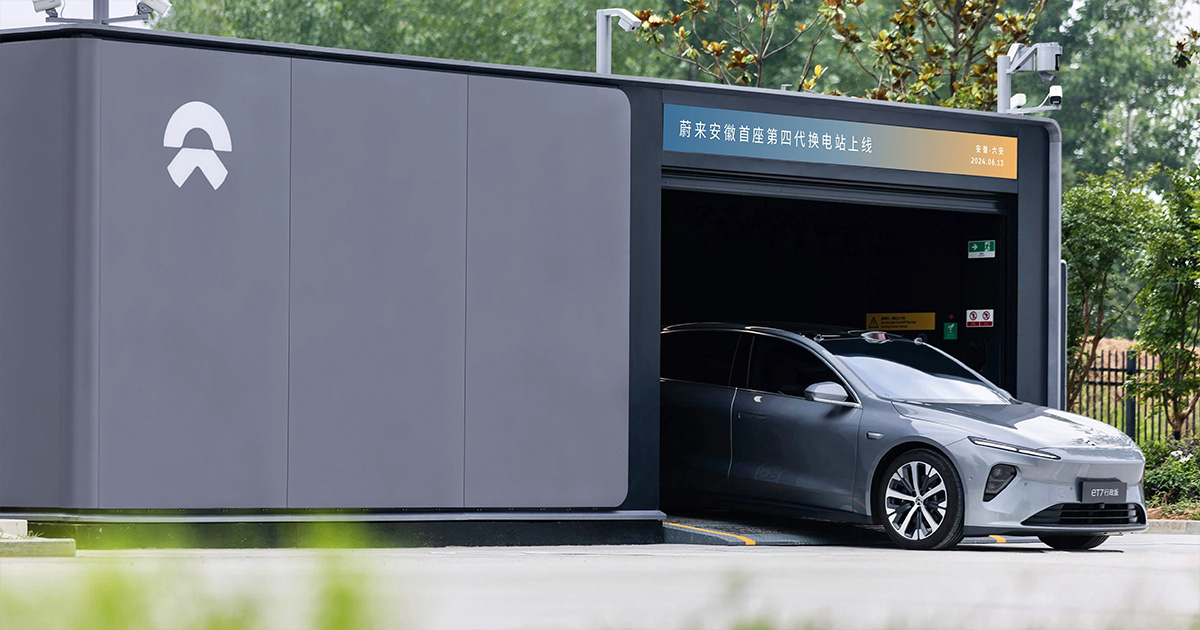Nio launches flexible battery swapping in Europe. What does that mean?

Owners of Nio electric cars in Germany, the Netherlands, Norway and Sweden now have the flexibility to choose their battery as part of the Battery-as-a-Service (BaaS) offer.
Here's What We Know
Previously, the BaaS service worked as follows: when buying a car, the customer chose one of two batteries - standard (75 kWh) or extended (100 kWh), for 170 or 290 euros per month. At the Power Swap Station, it was only possible to exchange an "empty" battery for a similar capacity battery.
The new approach allows you to choose a battery depending on your needs. Short journeys? Take the standard one for the next few weeks. Going to the sea or mountains? Order a larger capacity battery for a month or even a few months.
In China, Nio has gone even further. There, a third option is available - a 150 kWh "Ultra Long Range" battery. But the main thing is that the battery can be rented even for a day. For example, for a short business trip, you can take the "long range" battery and return it the next morning.
How does it work?
Users can book the service via the Nio app a maximum of one day in advance, depending on the availability of batteries at the Power Swap station. They will receive a charged battery the next day, with the swap procedure remaining the same regardless of battery size or type.
Demonstration of the first NIO Power Swap Station in the Netherlands (video 2022):
Nio Power Europe spokesperson Kajsa Ivansson Sognefur emphasises that the service offers freedom, comfort and flexibility while reducing costs. Sounds optimistic, but the main benefit is that now you don't have to overpay for extra kilometres if you don't need them.
Why was this not available before? It turns out that taxes are to blame. In some EU countries, corporate car tax rules weren't ready for the BaaS model, forcing the company to delay the launch of the service. But now the legal issues have been sorted out.
Source: Electrive